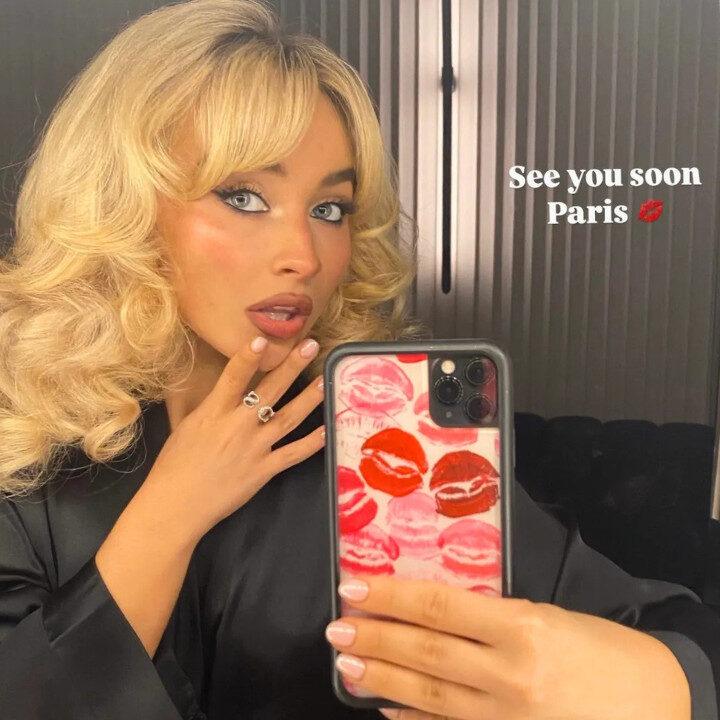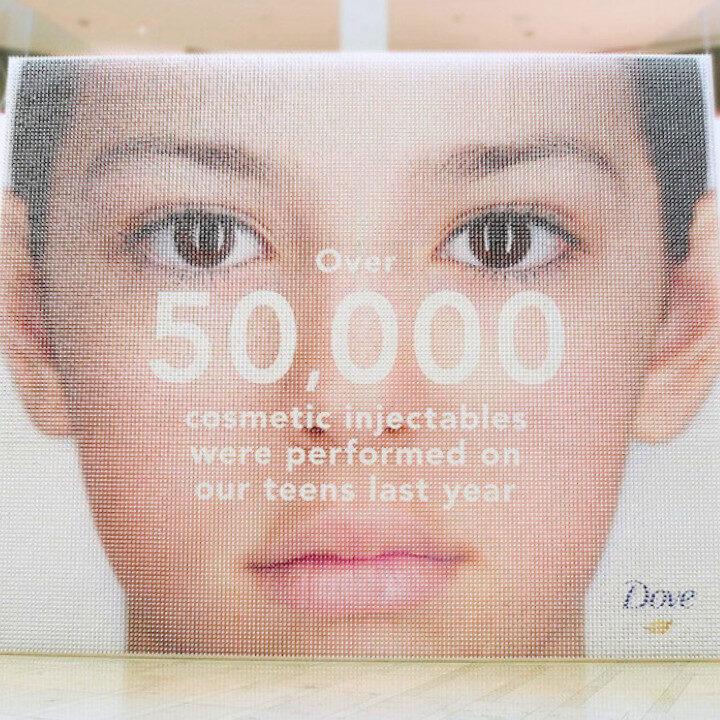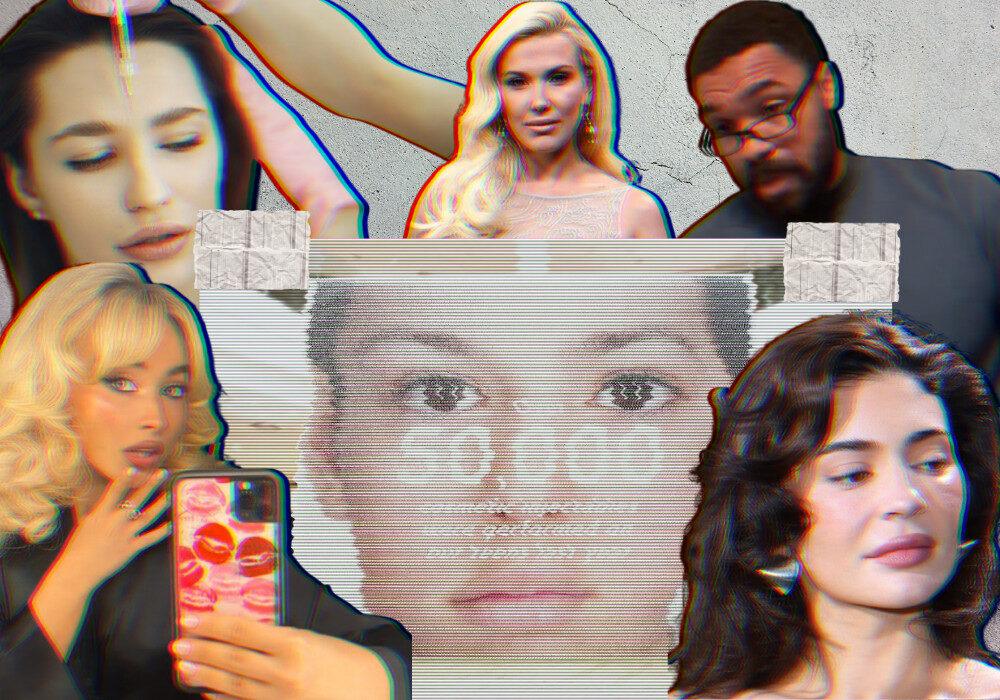Few generations have been as intensely scrutinised as Gen Z. Born into the glow of smartphones and raised on a diet of algorithmic validation, they now find themselves ensnared in a cruel paradox: the harder they strive to preserve their youth, the older they seem to appear. The internet hums with theories – stress, overzealous skincare routines, filler mishaps – but the truth is far more insidious. Gen Z isn’t ageing faster; they’re being conditioned to believe they are. And the repercussions run far deeper than skin.
Read More: The Paradox Of Personal Style In The Algorithmic Age
Mirror, Mirror, On The Wall
This crisis didn’t begin in a dermatologist’s office. It erupted on social media, where a 26-year-old’s viral lament about being mistaken for middle-aged ignited a wave of panic now dominating Google searches: “Why does Gen Z look older than millennials?” The culprit isn’t collagen depletion – it’s a perfect storm of hyper-visibility, predatory marketing, and existential dread. This issue was recently exemplified when Millie Bobby Brown, the 19-year-old actress and influencer, posted a video of herself expressing her frustration over being prematurely aged by public perception. The video quickly went viral, sparking a conversation about how the relentless pressures on Gen Z to maintain a youthful appearance have gone beyond skin-deep to now affecting their mental health and self-esteem.
Gen Z didn’t just inherit a planet on fire and an economy in shambles; they also inherited an unrelenting obsession with self-optimisation. While millennials once blissfully slathered on St. Ives apricot scrub and called it skincare, Gen Z is drowning in 12-step routines, “preventative” Botox, and retinoids potent enough to strip paint. The irony? Many of these so-called solutions – harsh actives, overfilled cheeks, frozen brows – aren’t turning back time. They’re warping it.

How Skincare Brands Are Amplifying Anxiety
Skincare brands have struck gold by exploiting Gen Z’s anxieties. The phenomenon of “Sephora Kids” highlights how pre-teens and teens are being targeted with influencer-driven campaigns and trendy, youth-focused products that normalise anti-ageing routines for alarmingly young audiences. The message is chillingly clear: Youth is a privilege that you’re already losing. Here we are, watching 23-year-olds spiral over forehead lines that, just a decade ago, would’ve been shrugged off as simply having a face. The causes include retinol use, vaping’s oxidative toll, and fillers migrating into unnatural territory (cue Kylie Jenner’s much-discussed “festooning” under-eye fiasco). But the real villain isn’t flawed products – it’s an industry profiting from paranoia.

The Millennial Contrast (And Its Dark Side)
Meanwhile, millennials serve as the unspoken counterpoint to this frenzy. Their suspiciously youthful appearance isn’t the result of clean living but rather their mastery of subtle, strategic interventions. Unlike Gen Z, millennials only began tweaking their appearances after their first signs of ageing emerged. In contrast, Gen Z is frantically trying to prevent ageing before it even begins. This difference carries a darker implication. Millennials have become the poster children for “ageing gracefully” (albeit expensively), while Gen Z risks becoming the cautionary tale of “ageing desperately.” The psychological impact is alarming. According to McKinsey Health Institute, anxiety is rampant among Gen Z, with nearly half reporting symptoms tied to excessive social media use – a phenomenon that turns every pore into a battleground.

The Price Of Perception
Beneath the surface of this discourse lies an uncomfortable truth: this isn’t about biology – it’s about an economy that thrives on monetising insecurity. Gen Z didn’t stumble into this crisis – they were pushed. Pushed by influencers peddling expensive “barrier repair” creams. Pushed by clinics marketing “prejuvenation” packages to college students. Pushed by a culture that frames ageing – even the natural kind – as a personal failure. The solution isn’t better skincare. It’s radical self-acceptance and a refusal to play the game. Because if Gen Z is “ageing like milk,” it’s only because they’ve been left out in the heat of late-stage capitalism – scrutinised under the unforgiving glare of their own front-facing cameras.
The real question isn’t why Gen Z looks older. It’s why we’re so determined to make them believe they do.

Catherine Pun
A Hong Kong native with Filipino-Chinese roots, Catherine infuses every part of her life with zest, whether she’s belting out karaoke tunes or exploring off-the-beaten-path destinations. Her downtime often includes unwinding with Netflix and indulging in a 10-step skincare routine. As the Editorial Director of Friday Club., Catherine brings her wealth of experience from major publishing houses, where she refined her craft and even authored a book. Her sharp editorial insight makes her a dynamic force, always on the lookout for the next compelling narrative.



